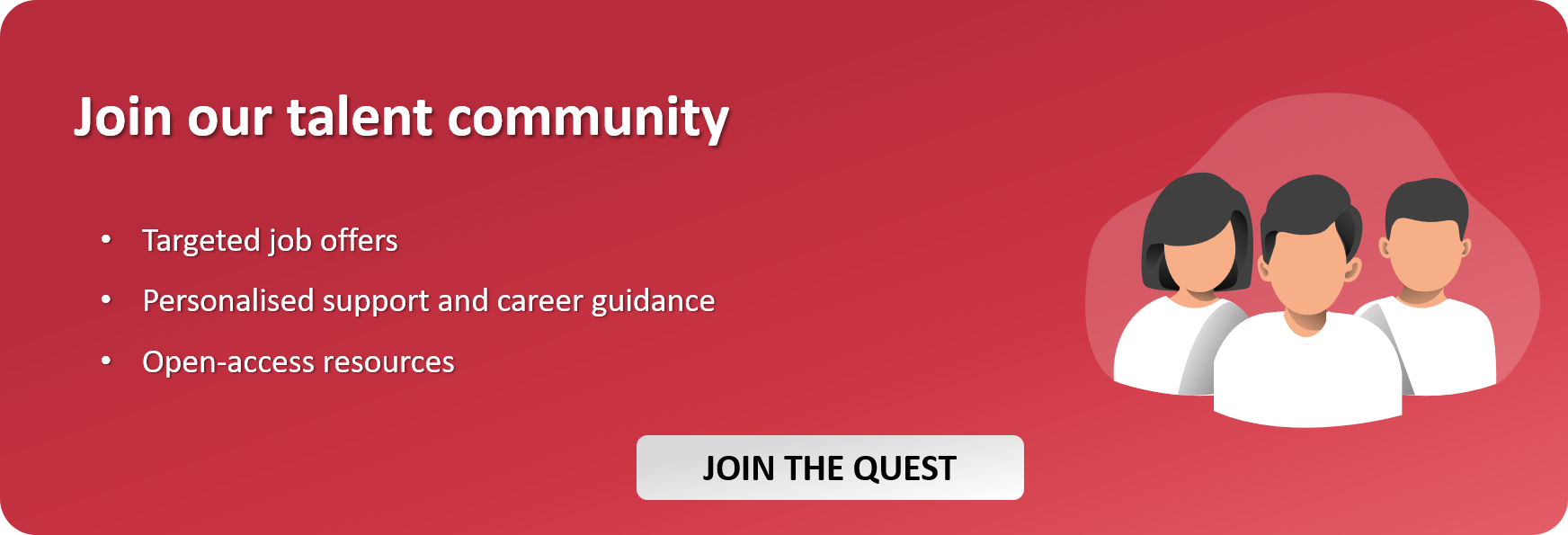IT freelance recruitment continues to evolve rapidly. In 2025, new dynamics are emerging, impacting both businesses and independent professionals. Understanding these trends is essential for CIOs (Chief Information Officers) and freelancers looking to maximize their opportunities.
Looking to recruit IT experts for freelance or permanent roles? Our recruitment specialists are here to help you find the perfect match for your IT needs.

IT Freelance Recruitment Trends in 2025

1. The Rise of AI and Machine Learning
Firstly, artificial intelligence (AI) and machine learning remain highly sought-after skills in 2025. So, many companies are integrating these technologies to optimize operations and create new services, driving demand for specialized freelancers.
Companies are increasingly seeking experts in Python, TensorFlow, and PyTorch to develop predictive models and automate complex tasks. Therefore, freelancers with AI expertise benefit from a growing market.
2. The Standardization of Remote Work and Flexibility
Remote work has become the norm for many IT freelancers. Businesses are more open to collaborating with independent professionals from around the world, increasing both competition and opportunities.
Collaborative work platforms such as Slack, Microsoft Teams, and Notion enable freelancers to work efficiently with clients. Companies that integrate these tools can more easily attract and retain top talent.
3. The Boom in Cybersecurity Projects
With the rise in cyberattacks, the demand for cybersecurity freelancers is skyrocketing. Companies need experts who can strengthen their infrastructure and prevent intrusions.
Certifications like CISSP, CEH, or CompTIA Security+ are major assets for securing freelance cybersecurity projects. Professionals specializing in incident response and cloud security are particularly in demand.
4. High Demand for Cloud Computing Skills
Businesses are accelerating their migration to the cloud, creating a strong demand for freelancers skilled in AWS, Azure, and Google Cloud. Thus, sought-after roles include cloud architects, DevOps engineers, and cloud computing system administrators.
Also, certifications like AWS Certified Solutions Architect or Microsoft Certified: Azure Administrator can help freelancers stand out and secure projects.
Tips for IT Freelancers

1. Acquire In-Demand Skills
To maximize their chances, freelancers must stay up to date on key technologies such as AI, cybersecurity, and cloud computing. Then, online courses and certifications help demonstrate expertise.
Thus, platforms like Coursera, Udemy, and Pluralsight offer training tailored to the needs of the IT freelance market.
Also read How to Optimise Your LinkedIn Profile as an IT Consultant
2. Optimize Your Freelance Profile
Also, freelancers should highlight their experience with remote work and autonomy. A well-structured portfolio, strong references, and an active presence on specialized platforms like Malt, Upwork, or Freelancer are essential.
Mentioning project management tools like Trello, Asana, or Jira in a profile can also reassure potential clients about one’s ability to work efficiently remotely.
3. Expand Your Professional Network
In addition, networking remains a powerful lever for securing IT freelance projects. Thus, attending meetups, tech conferences, and being active on LinkedIn can help land interesting opportunities.
4. Keep Up with Market Trends
Moreover, staying informed about the latest trends and innovations allows freelancers to adapt to market needs and offer relevant services. Following specialized blogs, listening to tech podcasts, and engaging in continuous learning are good practices.
Tips for CIOs Recruiting IT Freelancers

1. Invest in Continuous Training
Firstly, CIOs should invest in continuous training for their teams. Thus, keeping skills up to date motivates employees and enhances their expertise. Training in AI, cybersecurity, and cloud computing is especially recommended.
Organizing internal training sessions and encouraging employees to take external courses can improve job satisfaction and retention. A culture of continuous learning benefits the entire company.
A PwC study shows that companies investing in continuous training have 30% higher employee retention.
2. Embrace Flexibility
Flexibility is a key advantage. Offering remote work options and flexible schedules can attract more candidates, as many IT professionals now expect this flexibility.
Establishing clear remote work policies and providing the necessary tools can enhance productivity. Flexible schedules help employees maintain a healthy work-life balance and reduce stress.
A Deloitte report indicates that 70% of employees consider flexibility a crucial factor when choosing an employer.
3. Build an Attractive Company Culture
A positive company culture is essential for attracting and retaining top talent. Encouraging innovation, offering employee benefits, and promoting work-life balance are crucial elements.
Organizing team-building events and social activities strengthens employee connections. Providing additional leave, wellness programs, and personal development opportunities can also boost job satisfaction and productivity.
Glassdoor reports that companies with a strong workplace culture have 40% lower turnover rates.
4. Leverage Advanced Recruitment Tools
CIOs can use AI-powered recruitment tools to identify the best candidates. These tools analyze resumes, assess skills, and even predict cultural compatibility.
Tools like LinkedIn Talent Insights and SmartRecruiters use AI to analyze candidate profiles and recommend top matches. They also help identify job market trends and optimize hiring strategies.
Example: LinkedIn Talent Insights helps find top IT talent using AI-driven analytics.
Conclusion
In summary, IT recruitment in 2025 is shaped by major trends such as AI, remote work, cybersecurity, and cloud computing. Freelancers should focus on acquiring high-demand skills and showcasing their expertise. Meanwhile, CIOs should embrace flexibility, invest in continuous training, and leverage AI-powered recruitment tools. By following these strategies, both IT professionals and hiring managers can succeed in the evolving job market.






















